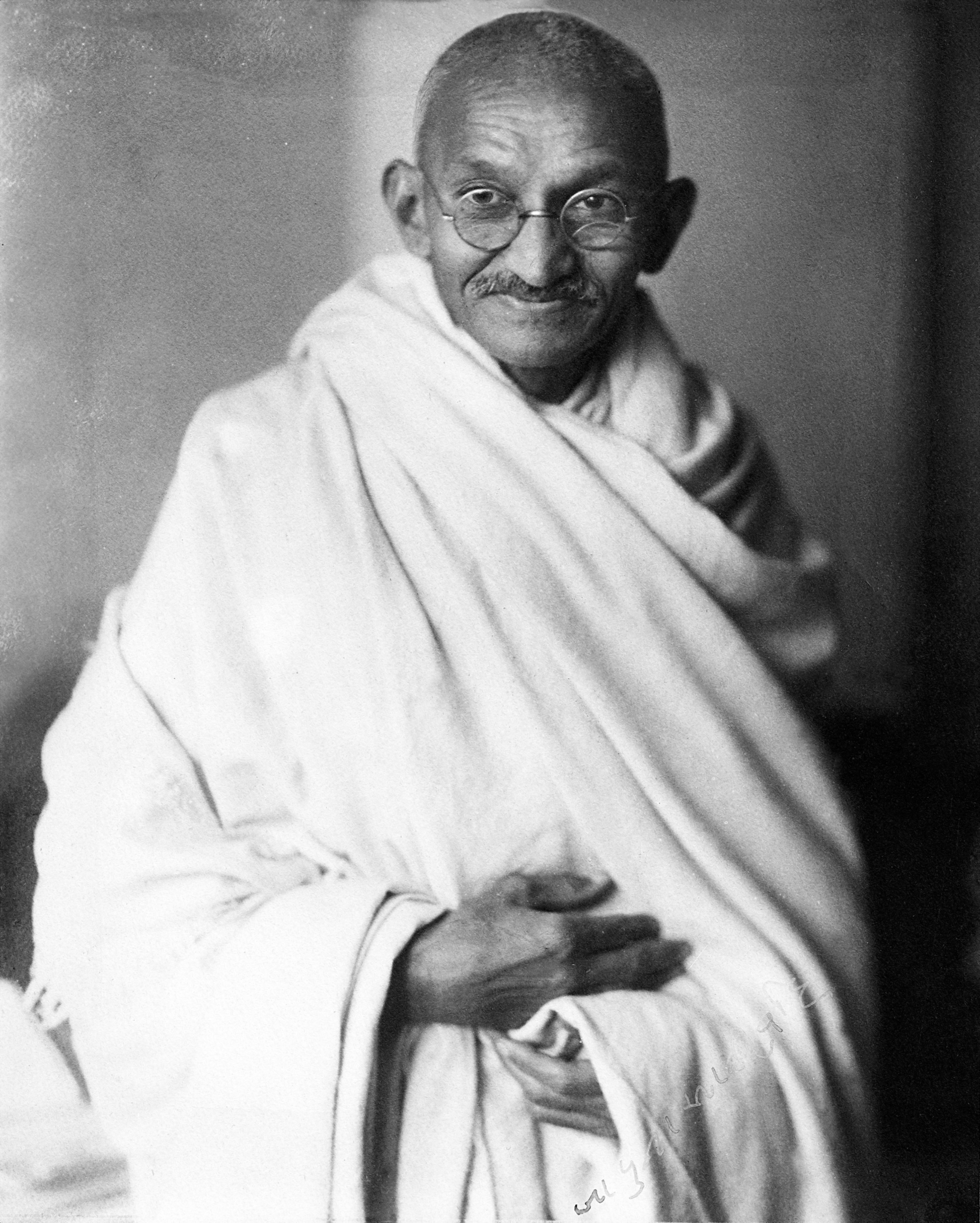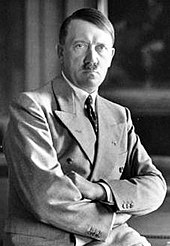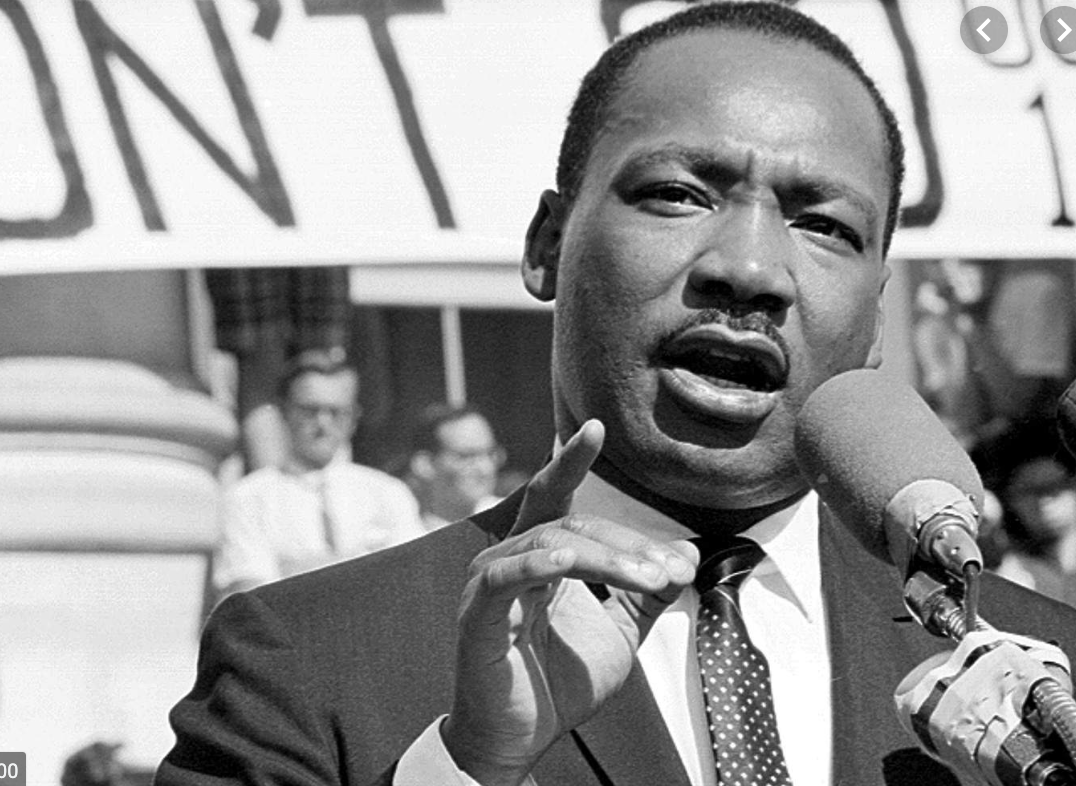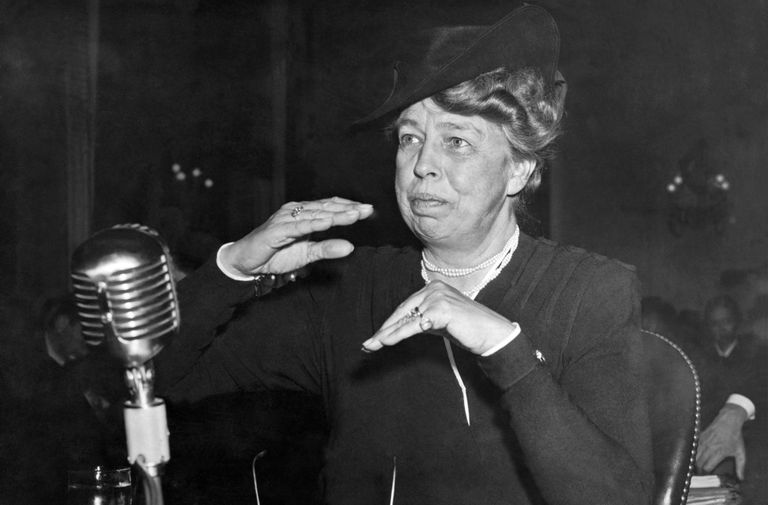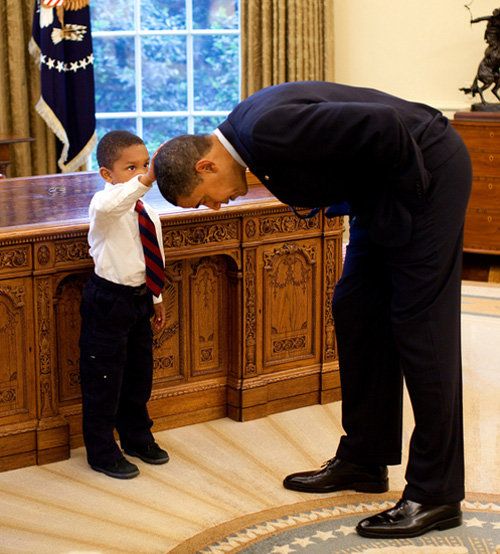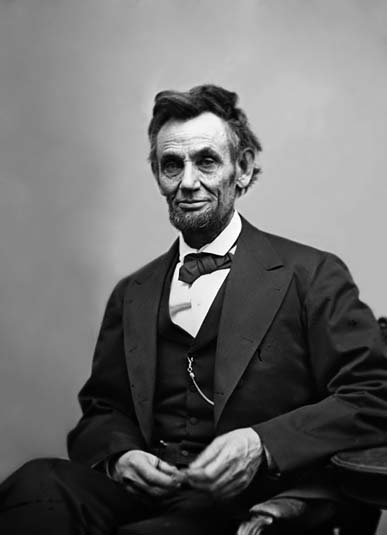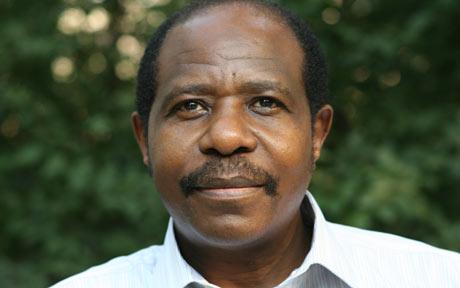I find the fact that there is no one agreed-upon definition of charisma fascinating. Charisma is something that I think most people can understand in an abstract sense, yet it is so difficult to describe, in words, exactly what it is, and precisely what makes a person charismatic. The reason I believe that charisma is so hard to definitively define is that charisma, in layman’s terms, is more so a “vibe” you perceive from someone, not something necessarily discernible at first glance. There is a multitude of traits and factors that make one charismatic, such as being animated, confident, enthusiastic, ambitious, and inspirational. Only demonstrating one of these traits does not make someone necessarily charismatic. Yet, perceiving someone to be charismatic somehow makes them all of these things, as well as credible, whether they are or not. This perception of charisma is what makes people that hold the trait some of the most successful leaders in history.
The spectrum of charisma also appears to be very polar in nature. I believe that most people would agree that one is either charismatic or not, there is not much of an in-between; someone who is slightly charismatic. What is fascinating, though, is that people who are more reserved and in fact, less charismatic are drawn towards people who are charismatic, similar to the relationship between sheep and their shepherd. On the contrary; however, the most charismatic leaders immerse themselves in their followings and often portray themselves as being “one of them,” despite quite obviously being very different from the rest of their following.
The idea that one of the first definitions of the word, in a religious context, means “a divine gift of grace,” particularly intrigues me. It explains a lot about one of the most common perceptions of charisma as a component of character. The word “divine” implies that the trait is given by God himself, giving it an element of unattainability, contrary to things such as intelligence or responsibility, which can be developed with age and discipline. However, seeing that children often turn out to be the product of their environment, I find that the current perception of charisma could not be further from the truth.
1 Comment




